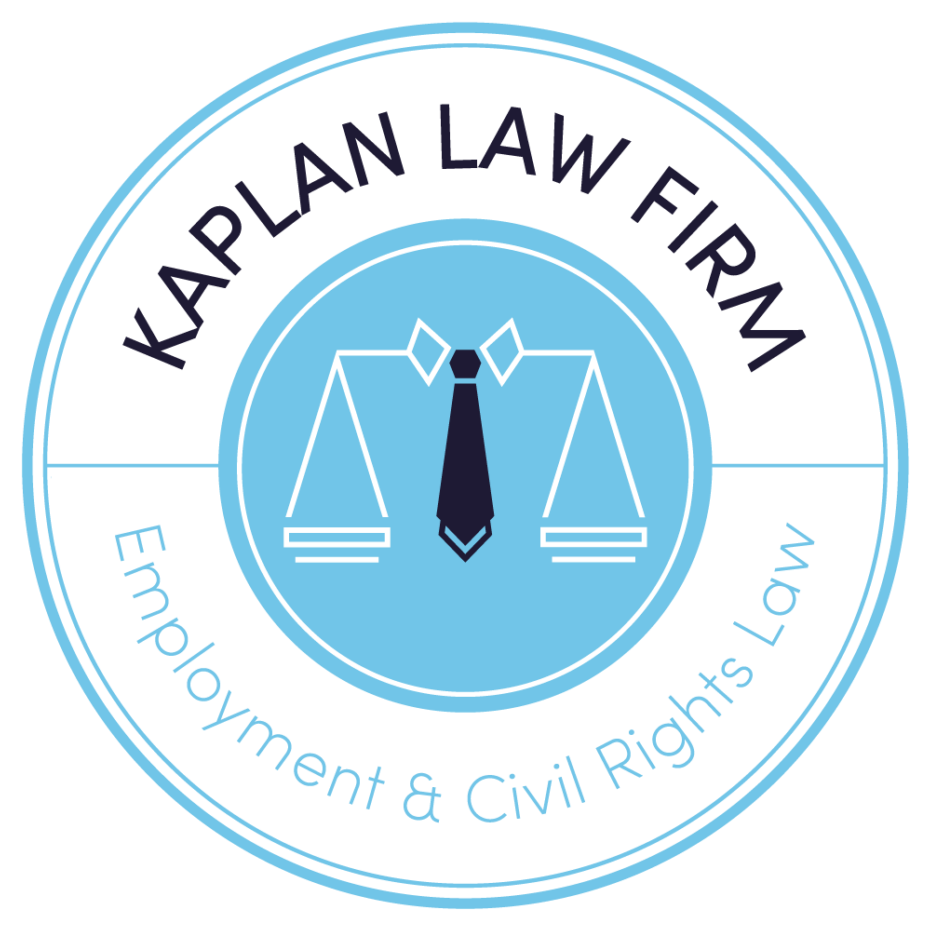December 2, 2024
Sales employees play a critical role in generating revenue for their companies. Yet, far too often, they are undervalued, overworked, and unfairly compensated. At our firm, we’ve seen countless cases where salespeople are promised fair pay—only to face broken promises, discrimination, or outright exploitation. Sales teams face unique challenges, from unrealistic quotas to retaliatory treatment when they stand up for their rights. In our work, we’ve had significant success in helping sales employees who’ve been wronged. Whether it’s recovering unpaid commissions, addressing overtime violations, or challenging discrimination, we’re here to ensure salespeople are treated fairly under the law. The Challenges Sales Employees Face Breach of Commission Contracts or Incentive Plans: We've noticed as a team that one major problem that is occurring for sales employees is companies are breaching their commission contracts or incentive plans. Many sales roles include a base salary plus commission. However, when it comes time for companies to honor their incentive plans, the promised commissions often vanish into "fine print." Companies frequently make earning commissions unnecessarily difficult, leaving salespeople shortchanged for the revenue they helped generate. We believe this is where we can truly make a difference for people. At Kaplan Law, we know the law and have many tactics in our toolkit to resolve these issues without litigation whenever possible. However, when litigation becomes necessary, we’ve had significant success, securing favorable outcomes for our clients. Overtime Violations: Shockingly, many salespeople don’t realize they’re legally owed overtime pay if their base salary outweighs their commissions. Many companies have adjusted their job descriptions to clearly classify employees as hourly roles with overtime, aiming to avoid the additional costs associated with overtime pay that commission-based employees are often entitled to. At Kaplan Law, we have brought numerous cases against various tech companies, including TikTok. When the sales force operates on a base-plus-commission structure, but w base salary exceeds the commission for inside sales roles, it violates labor laws. This practice is not allowed, and we’re committed to holding companies accountable. There seems to be a significant misconception about employment laws among both workers and management in the sales industry. Unfortunately, management often takes advantage of this misunderstanding. They might offer a high base salary with commission but then make earning that commission exceedingly difficult. While employees are led to believe meeting their targets will be straightforward, the reality is far more complicated. Companies often shift the burden onto employees, expecting them to work long hours—nights, weekends, early mornings—sacrificing personal time and family moments like attending their kids' games, all to close sales. Yet, despite the grueling hours, employees don't receive additional pay for their efforts. This creates a frustrating situation. While sales employees may earn decent pay, it’s often not proportional to the time and energy they invest. Oddly enough, we’ve noticed that employees struggling to meet their numbers often end up working the longest hours, trying desperately to catch up. And companies? They’re fine with it, as it costs them nothing extra. If this were a clerk or hourly employee, the law would mandate overtime pay for those additional hours. Under the Fair Labor Standards Act (FLSA), employees are entitled to overtime, yet many companies in the sales industry fail to comply. At Kaplan Law, we’re one of the leading firms tackling these issues. One particular area we focus on is what’s known as the 7(i) exemption under the FLSA, which governs how sales employees are compensated. Many salespeople don’t even realize their rights are being violated. That’s why we ask crucial questions when they reach out: How are you paid? How many hours do you work? Does your base salary exceed your commission? Are you predominantly working inside sales? In today’s world, most sales work is done remotely—via Zoom, WebEx, phone calls, or emails—whether from home, an office, or another location. Face-to-face sales interactions, such as meetings with customers at bars or restaurants, have become increasingly rare. This shift to inside sales has led to countless violations of labor laws, but few workers are aware of the problem. At Kaplan Law, we take pride in educating and supporting our sales clients. We understand the challenges they face—the relentless pressure to perform, the "what have you done for me lately?" mindset of many companies, and the lack of recognition for their efforts. Salespeople can bring in millions for their employers one quarter, only to face unreasonable demands the next. We’re here to help sales employees fight back, protect their rights, and ensure they are paid what they’re owed under the law. Discrimination and Retaliation: Sales employees are often subjected to unfair treatment, such as being penalized for taking medical or parental leave or being discriminated against based on pregnancy, age, or other protected statuses. Burnout and Underappreciation: Sales is a high-pressure field with demanding hours, yet companies often fail to recognize the toll this takes. Many salespeople work weekends, late nights, and holidays, only to face relentless pressure for results without fair compensation for their efforts. Our Commitment to Sales Employees At our firm, we specialize in protecting the rights of sales professionals. We’ve successfully resolved cases where companies failed to pay commissions, misclassified inside sales roles to avoid paying overtime, and mistreated employees who stood up for their rights. We understand the unique challenges of the sales profession. The pressure to deliver, combined with a lack of job security, can leave even the best salespeople vulnerable. We’re here to level the playing field, holding companies accountable and ensuring fair treatment for hardworking sales teams.




